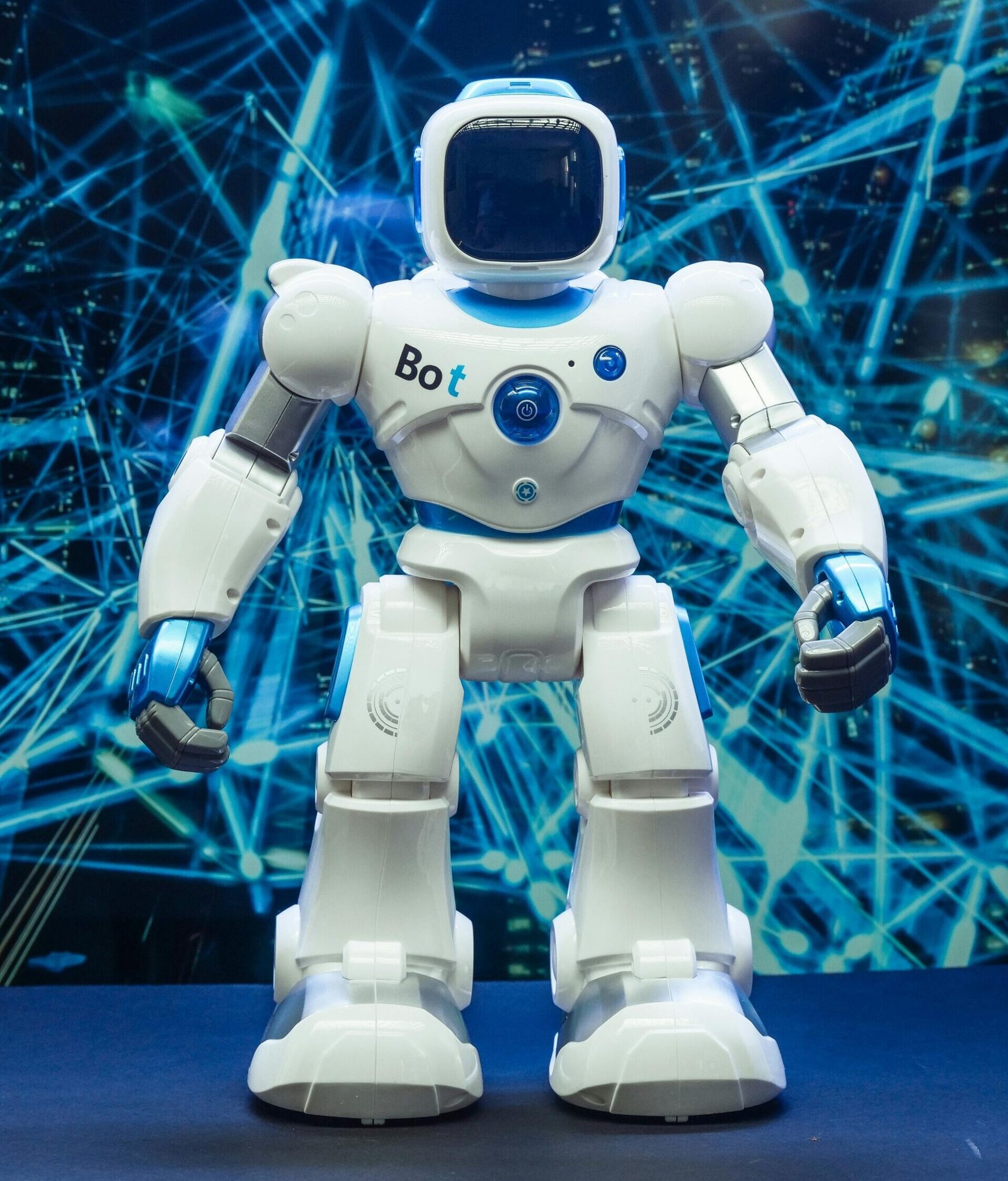A new Study: Half of HR Execs Using AI to Hire Top Talent reveals a profound transformation in recruitment, as HR leaders strategically deploy AI to streamline candidate screening and precisely identify critical skill gaps. This widespread integration not only modernizes the hiring lifecycle but also empowers organizations to build robust, future-ready teams.
Key Implications:
- Strategic AI Adoption: HR executives are rapidly adopting AI for comprehensive candidate screening, ranking, and precise identification of skill gaps, directly addressing the significant mismatch between applicant skills and employer needs.
- Evolving Hiring Strategies: Confronting a high rate of underqualified applicants, organizations are shifting towards prioritizing experienced mid-career and specialized professionals, while also implementing formal skill assessments for data-driven evaluation.
- Job Seeker AI Competency: A majority of job seekers are proactively acquiring AI skills, recognizing them as essential for career advancement, which is concurrently reshaping workplace engagement and collaboration dynamics.

Recruitment Leaders Enhance Candidate Screening with AI
A pivotal shift is underway in human resources, as a recent study indicates that Half of HR Execs Using AI to Hire Top Talent as of 2025. This adoption highlights a strategic imperative for organizations to leverage advanced technology. Half of HR executives are actively deploying AI tools to improve candidate screening, refine ranking processes, and precisely identify critical skill gaps within applicant pools (Ipsos and Google, 2025). This widespread integration aims to modernize and streamline the entire recruitment lifecycle.
The comprehensive survey, which included 500 HR executives conducted between June and July 2025, provides clear insights into current practices. A significant 50% of HR executives utilize AI tools for matching, screening, and ranking applicants. This demonstrates a strong focus on enhancing efficiency and consistency in initial candidate evaluation.
Furthermore, nearly an equal number, 47% of HR executives, specifically employ AI to identify skills gaps among applicants. This dual application of AI underscores a balanced strategic approach combining operational speed with analytical precision in talent assessment. Such precision is vital for building robust, future-ready teams.
Addressing the Skills Mismatch with AI
This growing reliance on AI is a direct, targeted response to a significant challenge confronting the modern workforce. The survey alarmingly revealed that 60% of HR executives reported a significant mismatch between applicant skills and employer needs. AI-powered solutions offer a robust mechanism to bridge this gap by accurately assessing competencies. This informs more effective hiring and training decisions.
The increasing reliance on AI by HR executives to manage and improve candidate selection processes is becoming a foundational strategy. This technological integration enhances overall recruitment outcomes and addresses the growing complexities of talent acquisition. For broader discussions on the ethical implications and data integrity pertinent to AI deployment, interested readers can explore topics on ethical industry debates on AI bias and data trust.
Ultimately, the proactive deployment of AI tools by HR executives signals a new era for talent management. This trend directly assists companies in proactively addressing critical skill gaps within their workforce. It also significantly enhances their capability to attract and secure Half of HR Execs Using AI to Hire Top Talent. This continuous refinement in recruitment strategies promises substantial returns on investment, a benefit recognized in discussions concerning AI in creative and business fields.

Strategic Shifts in Hiring to Combat Widespread Underqualification
A recent study concerning HR executive hiring trends reveals a significant challenge in today’s talent landscape. Faced with the perception that 48% of applicants are underqualified for positions, hiring managers are actively recalibrating their recruitment strategies. This issue drives a critical shift: prioritizing experienced and specialized professionals. It marks a move away from broad applicant pools towards more targeted talent acquisition.
This strategic pivot directly responds to prevalent skill gaps observed across industries. To counteract widespread underqualification, HR executives are specifically targeting mid-career professionals. 64% are focusing on this demographic to fill vacancies efficiently. Additionally, 43% of HR executives prioritize specialized roles. They understand that deep expertise is often more valuable than general experience when addressing complex business needs.
Embracing Data-Driven Evaluation Methods
The imperative to find truly qualified candidates has led to a notable transformation in evaluation processes. A substantial 49% of hiring managers have introduced formal skill assessments. This marks a clear move towards objective, data-driven methods over traditional screening. These assessments encompass a range of evaluations. This includes rigorous technical tests, practical job simulations, and cultural fit evaluations.
This increased reliance on structured assessments helps mitigate risks associated with subjective resume reviews and initial interviews. These robust evaluation tools allow organizations to gain a clearer understanding of a candidate’s actual capabilities. They also reveal their potential for success within the role. This methodical approach ensures that hiring decisions are based on measurable skills and demonstrated aptitudes, not just credentials.
Impact on Specialized Fields
The issue of underqualified applicants disproportionately affects specialized fields. Technology and healthcare are prime examples, where specific skills and extensive experience are paramount. In these sectors, demand for highly skilled professionals often outstrips the supply of truly qualified candidates. This imbalance further intensifies the need for rigorous vetting processes. It pushes companies to refine hiring strategies to identify and secure top talent.
Consequently, the focus on specialized roles and objective skill assessments is not merely a trend. It is a necessity for maintaining operational excellence and driving innovation in critical industries. By prioritizing experienced talent and employing precise evaluation methods, organizations aim to build stronger, more competent teams. These teams are capable of navigating complex industry challenges. This approach underscores a commitment to quality over quantity in the pursuit of effective workforces.

Job Seeker AI Adoption Reshapes Workplace Engagement
The contemporary job market is experiencing a profound transformation, largely driven by the pervasive integration of artificial intelligence (AI). A significant 70% of job seekers are now actively leveraging AI technology to advance their careers and enhance their own AI proficiency. This widespread adoption signifies AI’s pervasive impact, not only on job search dynamics but also on broader workplace behaviors, including a notable 29% incidence of workers opting to skip meetings due to their reliance on AI tools. This shift underscores a critical trend observed in a recent Study: Half of HR Execs Using AI to Hire Top Talent, indicating that employers are equally invested in this technological evolution.
The Dual Role of AI: Tool, Teacher, and Disruptor
For job seekers, AI has emerged as both a “tool and teacher,” indispensable for staying competitive in an evolving professional landscape. The 70% utilizing AI technology do so not merely for efficiency in job searches but also to proactively improve their own AI skills, recognizing them as essential for future roles. This proactive approach highlights a growing understanding that AI proficiency is rapidly becoming essential for future employment.
However, AI’s impact is not solely one of empowerment and skill enhancement. It also contributes to significant workplace disruptions. A concerning 29% of workers admit to skipping meetings, trusting AI tools to cover information gaps or synthesize crucial details for them. This behavior signals a fundamental change in how teams collaborate and communicate. Furthermore, the ongoing reality of AI-related layoffs suggests that automation is, in some instances, replacing human roles, creating a complex dual impact of opportunity and challenge.
AI Proficiency: The New “Table Stakes” for Modern Employees
The belief that AI proficiency is “table stakes” for employees in the modern workplace is no longer speculative; it is a current reality. This conviction strongly motivates applicants to hone their AI skills, ensuring they remain relevant and desirable in a fiercely competitive environment. Such widespread commitment to AI literacy among job seekers directly influences hiring practices, aligning with findings from studies on how Half of HR Execs Using AI to Hire Top Talent.
This dynamic extends beyond individual career advancement, reshaping overall workplace engagement and efficiency. As AI tools become more sophisticated, they empower individuals to manage tasks and information differently, leading to new paradigms of productivity and collaboration. Understanding the ethical implications and data trust associated with these tools is also crucial for responsible integration, a topic explored in discussions around ethical industry debates on AI bias and data trust.
The accelerated adoption of AI in both creative and business fields, leading to faster processes and increased ROI, further solidifies its foundational role in the modern economy. This rapid integration reinforces why job seekers are so keen to develop their AI expertise, viewing it as fundamental to unlocking new career pathways and contributing effectively to a technologically advanced workforce. Further insights into AI’s impact on business efficiency can be found in analyses of AI in creative and business fields.
Featured image generated using Flux AI
Tech.co: “Study: Half of HR Execs Using AI to Hire Top Talent”
